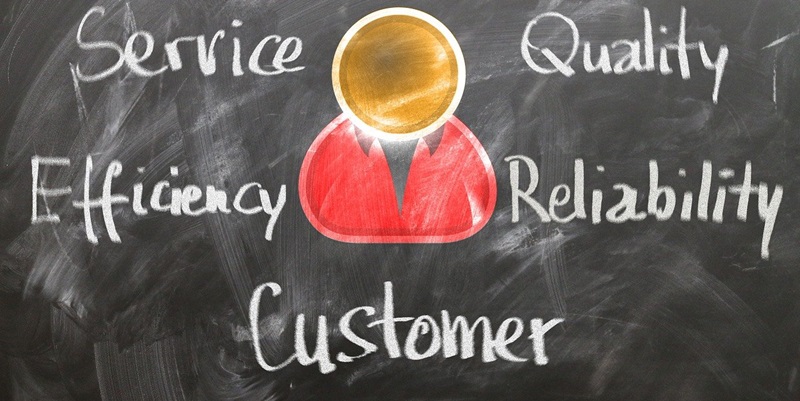Gone are the days when gating all content to meet quarterly MQL (Marketing Qualified Leads) Key Performance Indicators (KPIs) was an effective B2B marketing strategy. Today, marketers must adapt to a changing landscape where personalized and targeted approaches are essential for success. In this article, we will explore the importance of behavior-based lead qualification and how it transforms B2B marketing strategies.
Defining a Lead
The term “lead” is often used casually, but not every interested party qualifies as a lead. To ensure efficiency and productivity, it is crucial to have a clear and specific definition of what constitutes a lead. By narrowing down the pool of potential leads, marketers can focus their efforts on those who are most likely to convert into customers.
Behavior-Based Qualification Criteria
Modern B2B marketing requires a specific, behavior-based criterion for qualification. Instead of relying solely on firmographic data, such as job title or company size, marketers should consider an individual’s online behaviors, interests, and needs. By analyzing how prospects engage with content and interact with the brand, marketers can determine their level of interest and likelihood of becoming customers.
Content Segmentation
To effectively communicate with various groups, marketers should segment their content based on the types of groups they want to engage with. Instead of throwing all potential leads into a single bucket and filtering them based on arbitrary criteria, segmenting content allows for more targeted messaging that resonates with specific audience segments. This approach enhances relevance and increases the chances of capturing leads’ attention.
Identifying Engaged Prospects
Engaged prospects are the ones who consistently show interest and interact with a brand in any capacity. These individuals actively consume content, attend webinars, participate in discussions, and show genuine enthusiasm for the brand’s offerings. By identifying and nurturing these engaged prospects, marketers can focus their efforts on building relationships with the most promising leads.
Focus on Engagement Tracking and Interaction Analysis
Instead of solely relying on traditional lead scoring methods, modern strategies for passing leads to the sales team should focus on engagement tracking and interaction analysis within customer relationship management (CRM) systems. By leveraging CRM technology, marketers can gain valuable insights into prospect behaviors, interests, and needs. These insights enable a more personalized and contextual approach when engaging with leads.
Transforming the Approach to Prospects
Understanding a prospect’s online behaviors, interests, and needs can, and should, transform how marketers approach them. Armed with this information, marketers can craft tailored messaging and offers that resonate with the prospect’s preferences and pain points. By addressing their specific needs and desires, marketers can build trust and establish meaningful connections, increasing the likelihood of conversion.
Leveraging Data for Content and Communication Plans
Data-driven marketing is key to attracting and engaging the target audience effectively. By leveraging data from CRM systems and other sources, marketers can create content and communication plans that resonate with individual prospects on a deeper level. This data-driven approach ensures that content and messaging are relevant, timely, and impactful, ultimately driving higher conversions.
Integration of Sales-Generated Leads with Marketing Strategies
Sales-generated leads, when integrated with marketing strategies, can unleash impressive results. These leads come directly from the sales team and are often further along in the buyer’s journey. By aligning marketing efforts with the sales team’s insights, marketers can create cohesive campaigns that provide a seamless experience for prospects, ultimately accelerating the sales process.
The Importance of Adaptability and Continuous Learning
To stay ahead in the ever-evolving world of B2B marketing, marketers must be adaptable, continuously learning, and challenging the status quo. With technology and customer expectations changing rapidly, it is crucial to keep up with industry trends, experiment with new strategies, and embrace innovation. A growth mindset and a willingness to learn and adapt are essential for long-term success.
In conclusion, modern B2B marketing demands a shift from traditional lead qualification methods to behavior-based criteria. By analyzing prospect behaviors, effectively segmenting content, and leveraging data-driven insights, marketers can engage leads more meaningfully and drive impressive results. The integration of sales-generated leads with marketing strategies further enhances the overall Go-To-Market (GTM) motion. To thrive in this dynamic landscape, marketers must remain agile, continuously learn, and challenge conventional wisdom.

